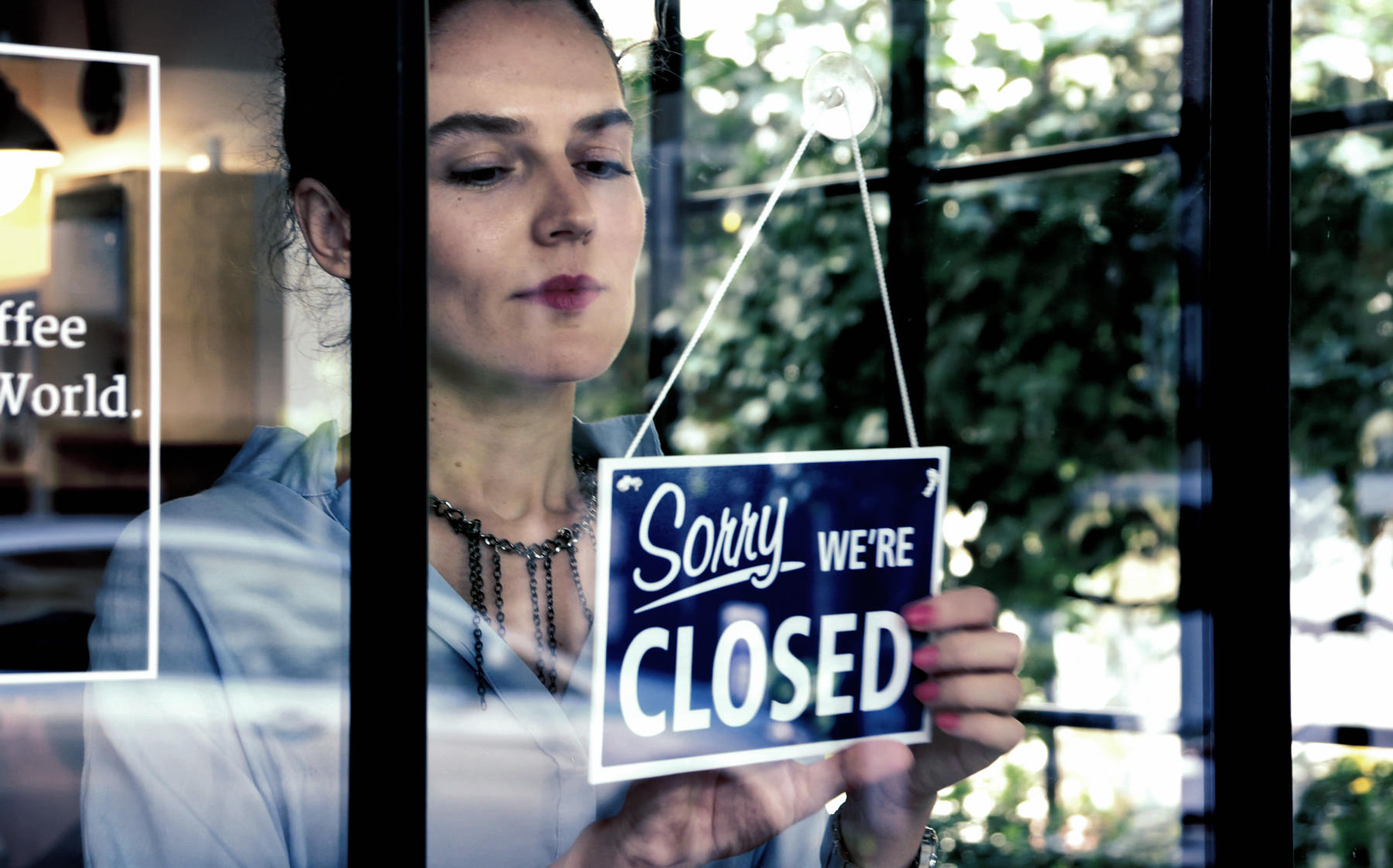With a day’s notice, tens of thousands of bars and restaurants in New York City must close their doors to patrons indefinitely — leaving businesses, employees and landlords with little guidance on how to cope.
Mayor Bill de Blasio announced late Sunday night that all bars and restaurants must limit their services to delivery and takeout Tuesday morning to curb the spread of the coronavirus. Then Gov. Andrew Cuomo, alongside the governors of New Jersey and Connecticut, moved that deadline up to Monday night.
New York has also halted all evictions, including those in commercial properties, though state officials have not addressed whether mortgage payments or foreclosures should also be put on hold.
State and local officials quickly called for relief to small businesses. In a letter, Brooklyn Assembly member Joseph Lentol asked Gov. Andrew Cuomo to allow businesses to retain sales taxes in order to fund their payroll and cover other “urgent expenses.” Earlier this month, de Blasio announced a financial assistance program for small businesses hurt by the pandemic, offering businesses with fewer than 100 employees interest-free loans of up to $75,000. As of Monday afternoon, however, the city’s Department of Small Business Services was not yet accepting applications for the program.
Council member Brad Lander said many bar and restaurant workers have only been guaranteed wages through the end of this week. He said the city will need a “massive relief program.”
“For now, people need to be patient and generous to each other,” he said. “The answer is not to stiff the landlords or stiff the workers.”
The Real Estate Board of New York plans to push state and city officials to make a series of changes to help struggling owners and businesses. A REBNY spokesperson said it will call for a delay in fines and other fees issued against small businesses, a halt in commercial rent taxes for ground-floor tenants and the elimination of penalties for late payment of property taxes. The group will also seek a reduction in sales taxes and a deferral of sales tax payments.
It is far from clear, though, if such measures would even come close to offsetting the sudden and massive revenue loss from the ban on dining and drinking in the city’s tens of thousands of restaurants and bars.
As for whether the establishments are obligated to keep paying rent during the coronavirus closure, contract clauses for “force majeure” events or “acts of god” tend to be considered on a case-by-case basis in the U.S. Most leases don’t include provisions for a pandemic.
Tenants could turn what is called the “doctrine of frustration,” in which “a virtually cataclysmic, wholly unforeseeable event” makes a contract worthless, according to a recent report by international law firm Withers LLC. The threshold for proving such frustration, however, is typically high.
Alan Lyons, chair of Herrick’s insurance and reinsurance group, said commercial properties typically have business-interruption insurance which covers losses related to a slowdown or suspension of operations. Such policies, however, tend to relate to losses resulting from direct physical loss or damage. Though coronavirus has led to government-ordered closures, that is not the same as a fire or flood.
“Here we are dealing with a virus that is invisible and whether the virus has triggered the [required] physical loss or damage is something that is going to be litigated and decided by the courts,” Lyons said.
Insurers seem eager to avoid virus-related claims. Lyons noted that some policies specifically exclude damage resulting from a pandemic or communicable diseases. Since January, he has seen more new policies specifically carve out coronavirus-related losses and expects similar exclusions to become increasingly common in the months ahead.
The pandemic could also trigger civil authority coverage, which pertains to governmental orders preventing access to a property. Because COVID-19 is unprecedented, the application of these policies will likely be determined by the courts, he said.
Besides lease agreements and insurance policies, keeping establishments afloat might be a matter of goodwill.
Luise Barrack, who leads Rosenberg & Estis’ litigation department, pointed to businesses and landlords who worked together in the wake of the Sept. 11 attacks.
“There was a swath of Lower Manhattan that was closed down. Businesses stopped operating,” she said. “To the extent that you want to keep businesses in operation and you want to keep our economy as strong as you can, it’s beneficial to try to keep those businesses, even if there is going to be a temporary reduction in their income and an inability to pay.”
